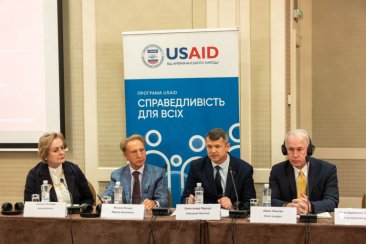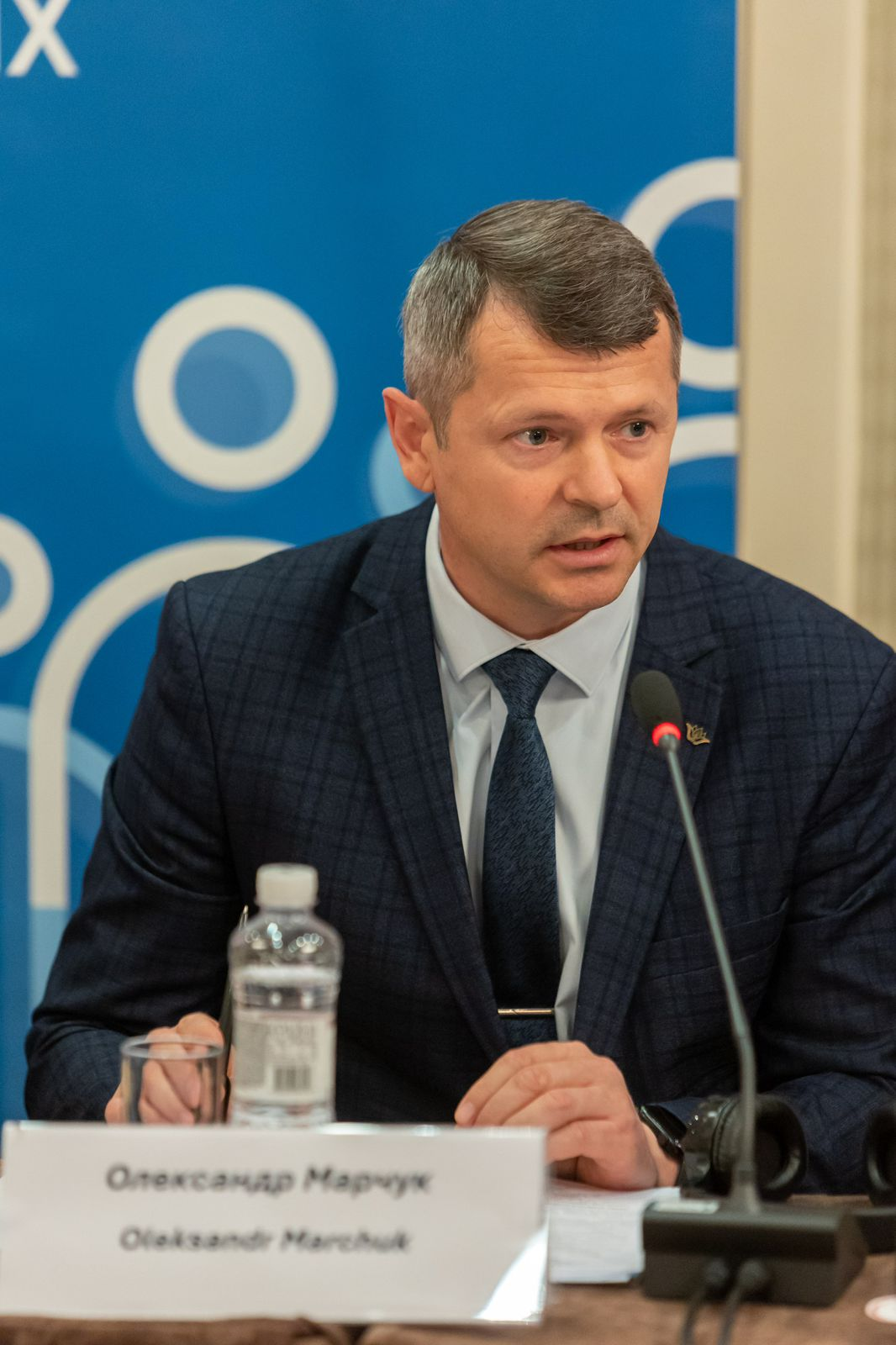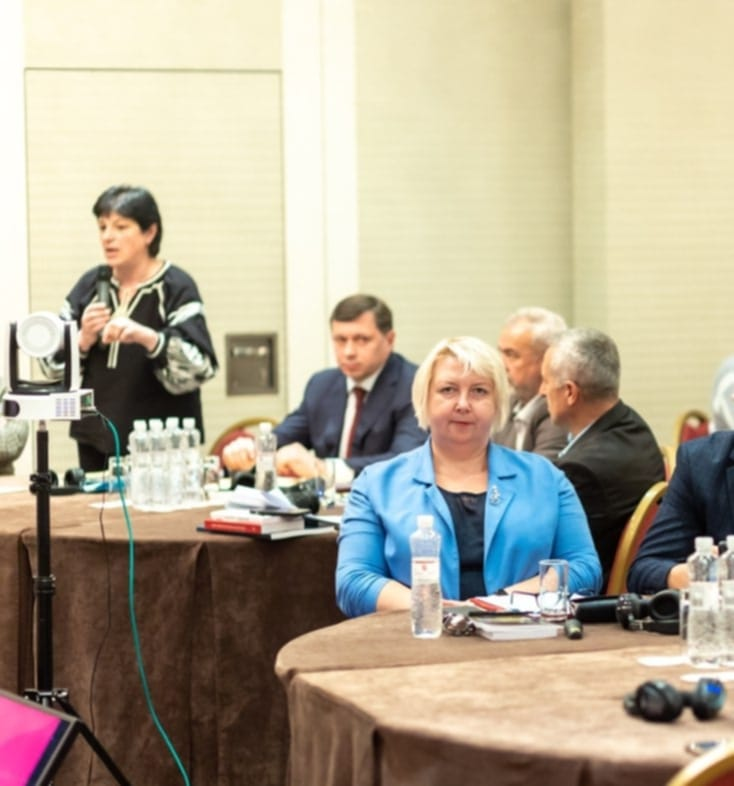Contact center of the Ukrainian Judiciary 044 207-35-46

Despite all the challenges of today's hostilities, we are returning to our workplaces, doing our jobs in good faith and administering justice. Court decisions in war crimes cases are a testimony to the occupation, the killing of civilians, the destruction of infrastructure and violence, both to Ukrainian society, the international community and all humanity.
The ratification of the Rome Statute of the International Criminal Court shows that Ukraine is ready to join the international criminal justice system, to assume obligations and responsibilities, and that joint efforts can bring to justice a country that lives by the law of violence.
This was stated by Oleksandr Marchuk, President of the Criminal Cassation Court of the Supreme Court, during a joint roundtable for judges, prosecutors, investigators and lawyers entitled "Promoting the Fair and Effective Administration of Justice in War Crimes Cases".

Oleksandr Marchuk focused on the decision of the Grand Chamber of the Supreme Court of 28 February 2024 in case No. 415/2182/20, which defines the signs of the subject of the crime under Article 437 of the Criminal Code of Ukraine (planning, preparation, initiation and waging of an aggressive war). This is the first practice and understanding of the application of the law, using both international law and national legislation.
The President of the SC CrimCC noted that fair and effective justice is a victory in the legal field. The training provided to judges of all levels under the USAID Justice for All Program has enriched their understanding of the specificities of war crimes trials.
Svitlana Yakovlieva, Judge of the Criminal Cassation Court of the Supreme Court, spoke about evidence and proof in war crimes cases.

The speaker said that, in addition to the importance of establishing the contextual element in these cases, attention should be paid to the admissibility of evidence in the light of national and international approaches. All evidence, including that from open sources, must first of all be prepared in accordance with the requirements of the Criminal Procedure Code of Ukraine. Also, this category of cases is characterised by not only direct, but mostly indirect evidence proving a person's guilt. As for the testimonies of witnesses and victims, the court may use them as evidence if they are collected and recorded in accordance with Articles 615 and 225 of the Criminal Procedure Code of Ukraine.
‘The International Criminal Court evaluates evidence obtained from open sources through the prism of the Berkeley Protocol, meaning that the evidence must be verified and authenticated. We are guiding judges, investigators and prosecutors that every piece of evidence must pass this test. Only if the evidence meets it, is obtained and recorded in accordance with national law, can it be used in court and form the basis of a guilty verdict,' said Svitlana Yakovlieva.
The event was organised by the USAID Justice for All Program.